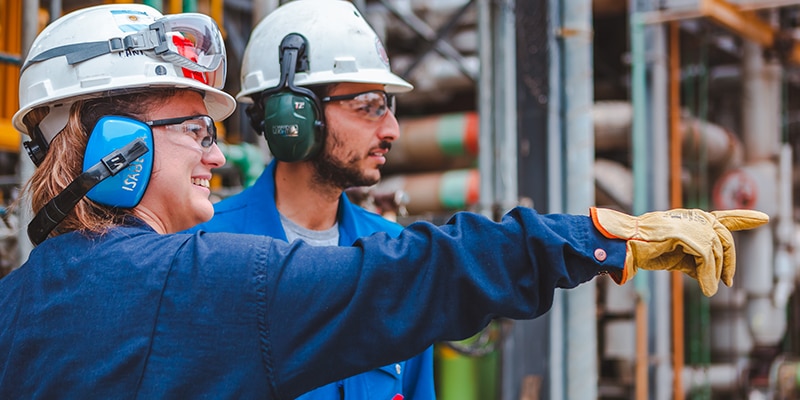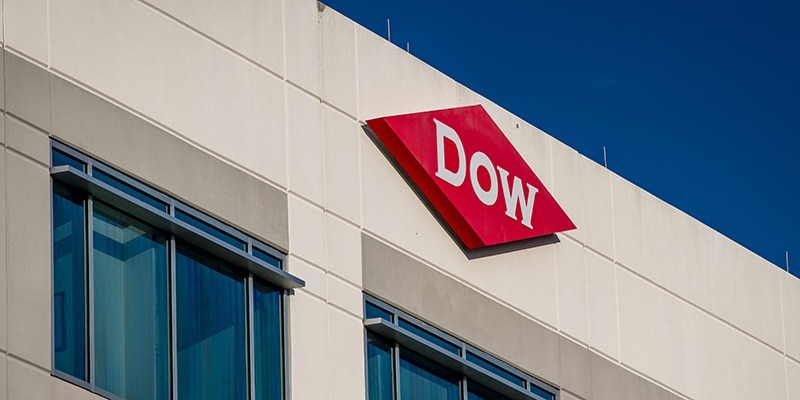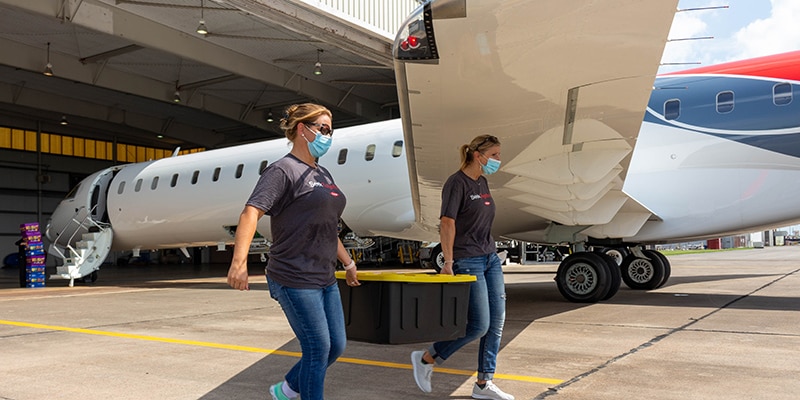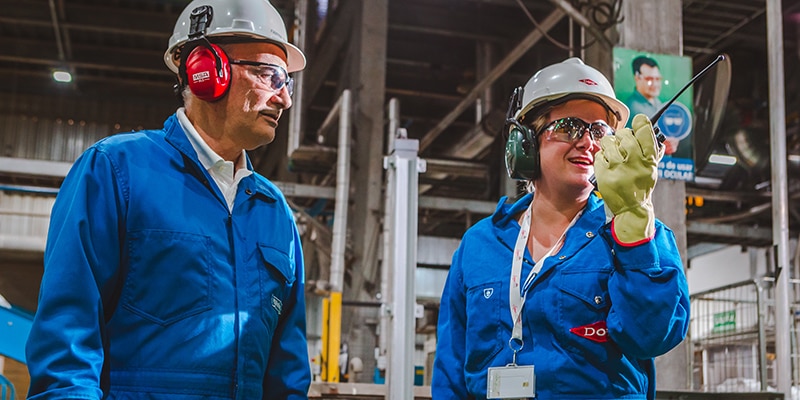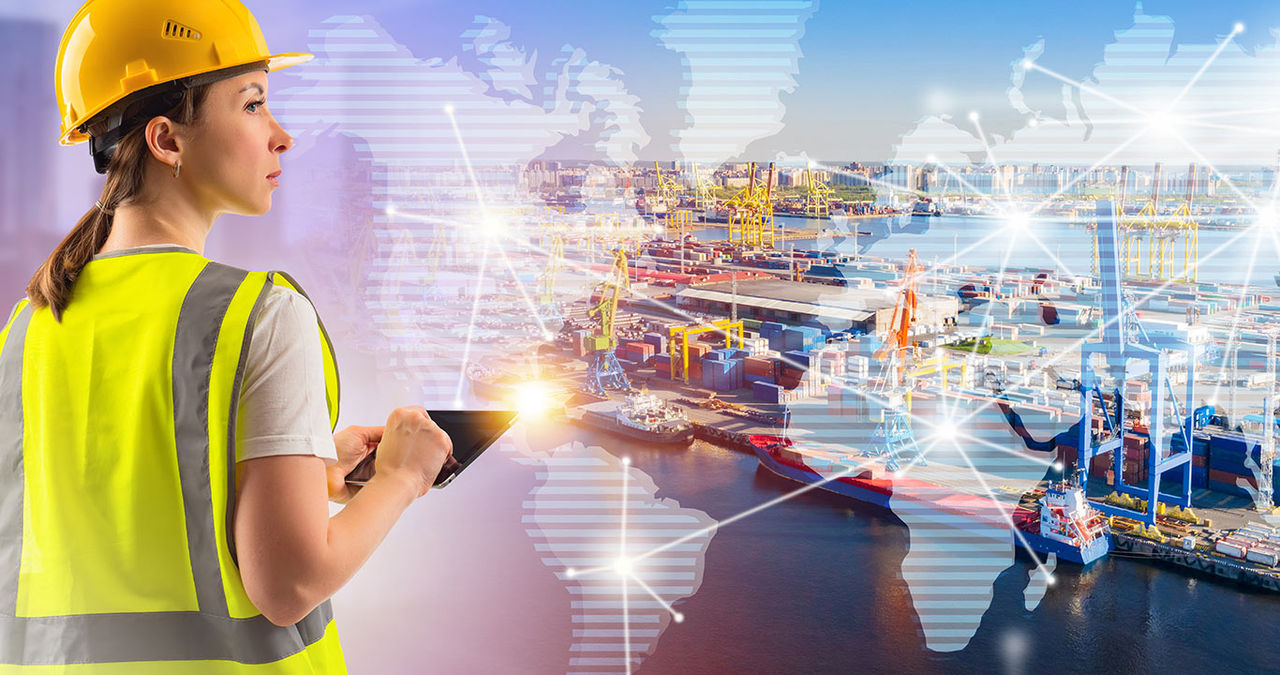Every day, manufacturers transport their goods across the globe. Whether it’s by truck, train, cargo ship, or even air, manufacturers and other businesses rely heavily on infrastructure to carry out their work. Without strong, dependable infrastructure, businesses of all kinds suffer.
Manufacturers are particularly reliant on infrastructure to receive raw materials and ship out goods to clients in a timely manner. Deficiencies in transportation and energy infrastructure reduce productivity and create delays, driving up costs for manufacturers.
Specifically, the construction of transportation infrastructure could reduce the travel/shipping costs, attract foreign investment, and expand trade. Transportation infrastructure plays a decisive role in industrialization and has spillover effects on regional innovation, factor reallocation (particularly enhancing economic growth in developing countries), and manufacturing productivity, which further the economic distributional effect.
Dow’s Policy Position
Dow believes that any transportation and infrastructure agenda must:
- Fund infrastructure investments to upgrade the systems that support modern manufacturers and achieve transportation efficiencies for families, communities, and commerce.
- Promote safety and embrace the benefits of innovation in 21st-century transportation and infrastructure systems.
- Recognize the important role of manufacturers in repairing, rebuilding, and maintaining transportation networks.
- Address the root causes of supply chain disruptions and make necessary investments to prevent future disruptions.
Last revised December 2022

